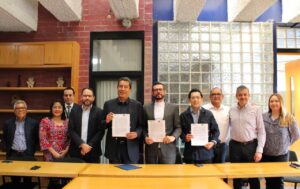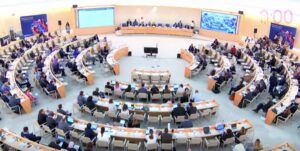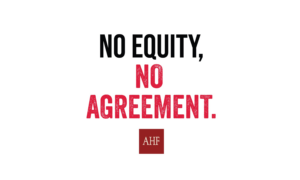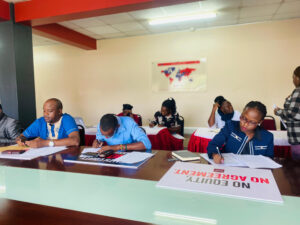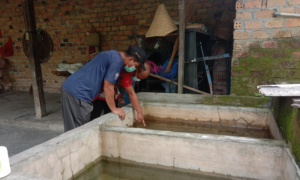The world’s lag in tracking new COVID-19 viral variants poses a dangerous situation. Genomic sequencing scaling remains inadequate. AHF urges global cooperation, aiming to sequence at least 5% of all COVID-19 cases promptly.
The International NGO stresses the urgency for consistent and rapid reporting of viral sequencing results. Currently, GISAID reports a mere 1.5% sequencing of cases. While some countries excel—e.g., Australia and Iceland sequenced over 50%—most nations, including developed ones, lag behind 5%. Shockingly, reported data suffers a 78-day delay on average, hampering effective response strategies.
AHF President Michael Weinstein underscores the criticality of genomic sequencing. The available data reflects past trends, depicting a delayed epidemiological scenario. A crucial concern arises: emerging variants might go undetected for weeks, jeopardizing global health security.
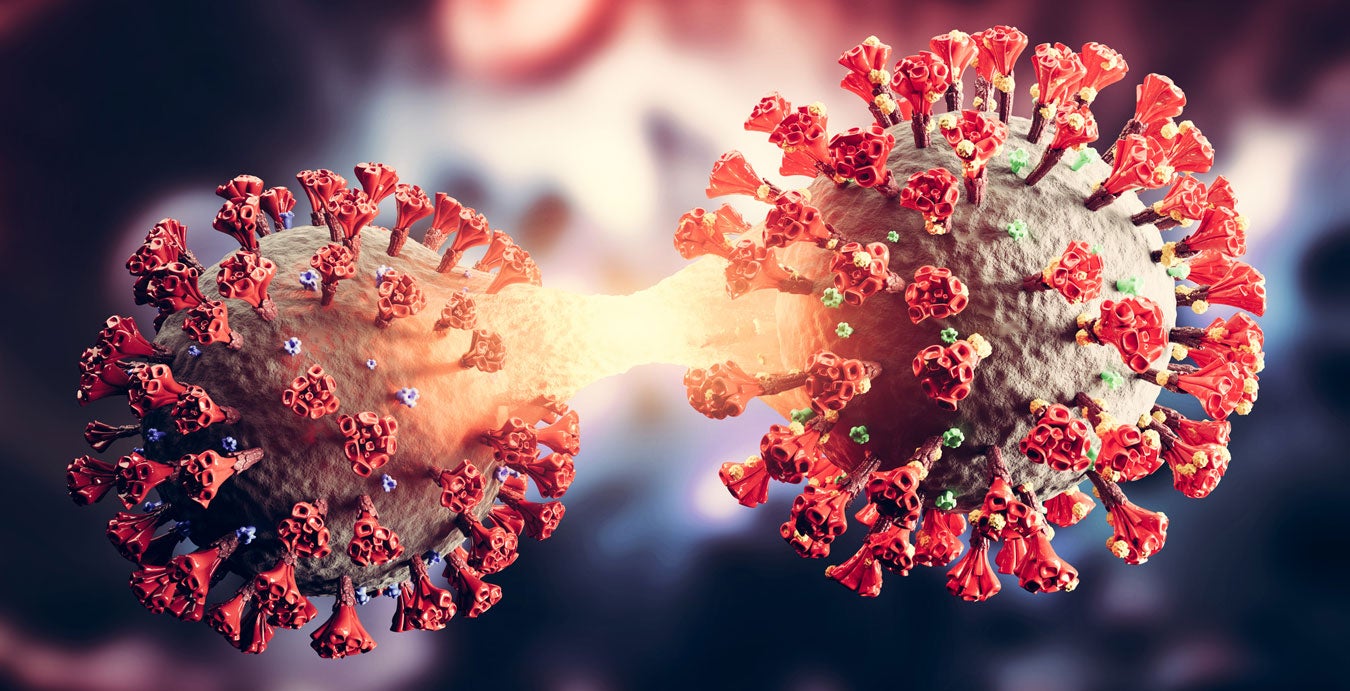
The Importance of Global Data in Detecting New Viral Variants
Weinstein emphasizes the US’s potential leadership role. Enhancing domestic viral sequencing efforts and aiding other nations is pivotal. Timely global genomic data is imperative. Without it, the fight against evolving variants remains blind and outdated:
“If for example, a new variant is emerging right now in Jamaica, Peru, or Ukraine, we won’t know about it until next month. This is a matter of global health security, and the United States can play an important leadership role on genomic sequencing by stepping up these efforts domestically and helping other countries do so as well. Without timely global genomic sequencing data, we are flying blind and fighting yesterday’s war.”
AHF channels funding into genomic sequencing projects via its Global Public Health Institute at the University of Miami. This model’s success showcases rapid and efficient implementation. The initiative, launched earlier this year, extends beyond Miami’s borders.
Call for proposals on genomic sequencing garners international response. Submissions pour in from various countries: Mexico, Argentina, Brazil, Uganda, Kenya, India, Trinidad & Tobago, and Thailand. Additionally, expressions of interest emerge from Jamaica, Philippines, and Ukraine.
Grant Opportunities for Global Collaboration
Dr. Jorge Saavedra, Executive Director of the AHF Global Public Health Institute at the University of Miami, highlights their proactive approach. AHF doesn’t merely advocate action; they fund and execute projects. AHF grants come with a crucial stipulation: shared data with GISAID for global benefit.
Prof. Mario Stevenson, a University of Miami virologist and AHF grant recipient, emphasizes tracking emerging SARS-CoV-2 variants:
“The best way to fight an enemy is to know the enemy from the inside. Genomic sequencing allows us to know exactly how the coronavirus is changing, how it is likely to evolve and attack, and whether it is a variant of concern or a variant of interest that must be watched closely,”
AHF’s funding initiatives underscore action over mere rhetoric. Their commitment to sharing data globally highlights the collaborative spirit essential in combating the pandemic’s evolving challenges.



